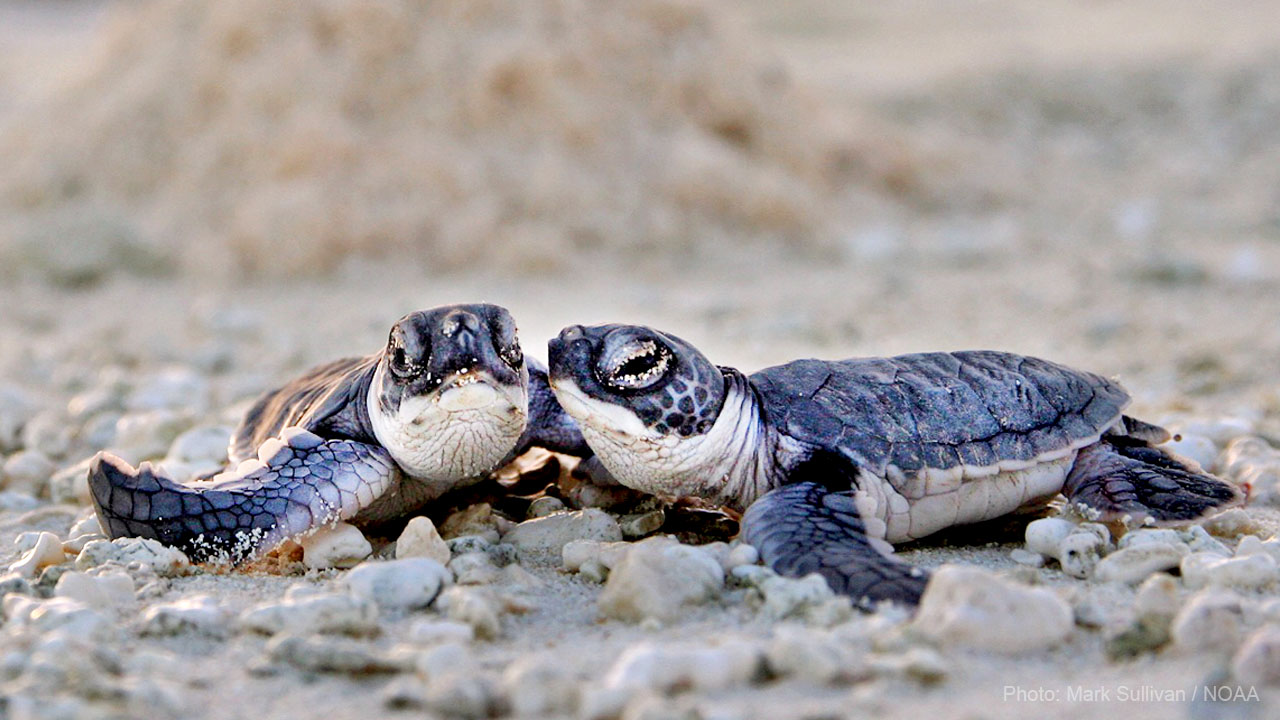The main message of Nature Positive Tourism is deceptively simple – measure the ways your business impacts on nature, measure the ways it protects and enhances nature, and make improvements until the positives outweigh the negatives. The principle is simple, but at ANIMONDIAL we understand that putting it into practice can be difficult.
Focus on destinations
The prospect of making all those improvements can seem daunting when you are only just starting the journey. In fact, it may well be simpler than it appears once you understand what needs to be done. For many, the real challenge comes earlier in the process – how do we go about measuring our biodiversity impacts and benefits in the first place?
The key to answering this, lies in the classic environmental slogan: “Think globally, act locally”. Impacts on nature come in many forms, and these depend on the activities that happen and the locations they happen in. For Travel & Tourism, this means looking at the destinations you visit.
The difference we can make
For many travel businesses the focus may be on providing services to customers, however most of the environmental impacts will actually take place on the ground. This is where new developments can destroy vital natural habitat, or existing sites can secure and enhance it. It is where nature viewing trips can disturb and harass wildlife, or sensitively and sustainably fund its protection. Where food supplies can be flown in from intensive farms hundreds of miles away, or sourced from sustainable local agriculture. Destinations are ‘where the rubber meets the road’.
We are all about the Destinations
For many Travel & Tourism businesses, this will mean looking at products and supply chains. In our industry no company is an island – we have to work together to make our clients’ travel dreams come true. Everyone involved in that process has a stake in the traveller’s experience in the destination, and so everyone has a stake in the consequences of that experience. Travellers around the world are increasingly aware of their impacts and keen to ensure that their trips don’t ‘cost the earth’. We have to work together, as an industry, to meet their needs and demands. (The upcoming WTTC and ANIMONDIAL report on Nature Positive Tourism provides a clear and compelling focus for doing just this.)
Focusing on key destinations is crucial to understanding the environmental impacts and opportunities of a Travel & Tourism business. It is likely that operations will vary from one place to another, but it is certain that nature will. A broad understanding of environmental issues at each location is essential to identify the major threats, challenges, needs and opportunities for the wildlife and ecosystems that live there.
Your guide to thinking local
ANIMONDIAL can help Travel & Tourism businesses build that knowledge and insight. Whether you choose to create extra capacity in-house, through local partners or by engaging professional consultants, we can guide the process with the level of input you need. As well as supporting you with our years of experience and contacts, ANIMONDIAL’s Animal Footprint online tool offers an evaluation of your Nature Positive business performance. We also have a network of trusted partners that can provide specialist services. Whether you want to identify the biodiversity at a specific site with Nature Metrics eDNA analysis, calculate the economic value of a particular animal in your area with the Endangered Wildlife Biodiversity Valuator or conduct a rapid assessment on the ground with Organeco, we can help you identify and engage the expertise you need.
Where does the journey start
As with so much of Travel & Tourism, local knowledge is the key. As we build our understanding of an area, our nature-related impacts and opportunities within it become clear. So, if you want to improve your Nature Positive credentials but are still wondering where to begin, just remember that a Nature Positive Tourism journey starts at the destination!
Don't forget...
- Think about impacts and opportunities in the Destinations you serve
- Work closely with suppliers and partners as a Travel & Tourism team
- Build lasting partnerships with local nature-focused NGOs and other organisations to generate additional benefits for everyone


Recent Posts
Categories